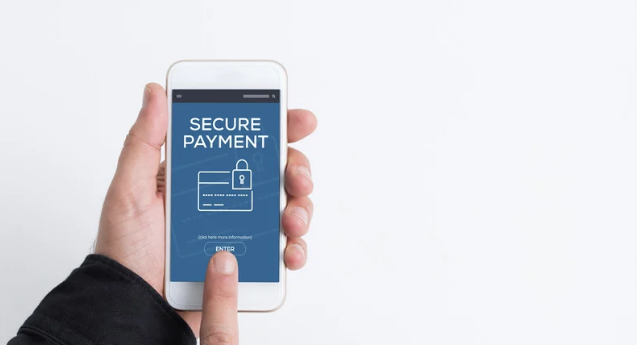- Petrol stations across the country will be legally obligated to provide all digital payment options, including QR codes
- Government also plans to impose an additional 2% GST on cash transactions made by importers and manufacturers
The federal government is mulling introducing a differential tax system for cash and digital transactions in the upcoming budget for fiscal year 2025-26. This includes a significant change in the fuel sector, where petrol stations across the country would be required to offer digital payment options alongside cash transactions, Dawn reported, citing official sources.
In line with the Finance Minister Muhammad Aurangzeb’s vision for a cashless economy, this move is part of a broader strategy to encourage digital payments, reduce the reliance on cash, streamline tax collection, and curb the informal economy. The government intends to impose a standard 18% sales tax on fuel transactions made digitally, while cash payments would incur an additional cost of Rs2-3 per liter.
This proposal is being closely examined by the Federal Board of Revenue (FBR), which has struggled to document retail businesses and effectively track transactions in the past.
As part of this push, all petrol stations across the country would be legally obligated to provide digital payment options, including QR codes, debit/credit cards, and mobile payment services. The initiative is expected to support the FBR’s broader goals of increasing tax compliance and reducing cash-based transactions.
In addition to changes in the fuel sector, the government plans to impose an additional 2% General Sales Tax (GST) on cash transactions made by importers and manufacturers, while standard 18% GST will apply to digital payments. This proposal is expected to create a financial incentive for businesses and consumers to adopt digital payment systems.
FBR Chairman Rashid Mehmood Langrial confirmed that the government is focused on moving towards a cashless economy but declined to provide further details ahead of the budget.
While the initiative may appear similar to the earlier filer and non-filer policies for banking transactions, sources suggest this new plan could have a broader impact by targeting small and informal businesses as well.
The upcoming Finance Bill 2025-26 will mandate that businesses of all sizes offer both cash and digital payment options, with cash transactions carrying an additional tax or fee. Unlike point-of-sale systems that require additional equipment, the new system will also allow payments through simple digital solutions like QR codes.
Countries such as India, Indonesia, and Bangladesh have seen success with similar approaches, and the Pakistani government aims to replicate that success. Finance Minister Muhammad Aurangzeb has repeatedly emphasized the importance of digitising the economy, citing the potential to unlock over Rs9.3 trillion currently in circulation and to reduce tax evasion.
In a broader context, the government’s anti-cash push is aligned with other initiatives, such as digitally tracking petroleum products from import to retail sales, to prevent smuggling and adulteration—a practice that causes significant revenue losses, estimated at Rs300-500 billion annually.
With these measures, the government aims to enhance transparency, increase tax revenue, and contribute to the long-term goal of modernizing Pakistan’s economy.




